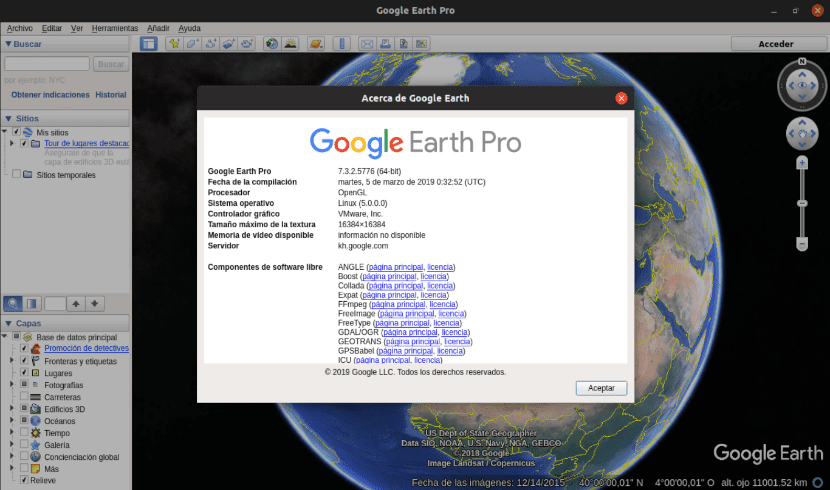
The next step is to clear all of the stored data in your Google Maps app.

If the problem with Google Maps running slow has resolved, you’re done troubleshooting! 2. Relaunch the Google Maps app on your phone and test it.

To update the app, just tap the Update button and wait for the Google Store app to download and install the latest version. If you aren’t running the latest version, you’ll see the Update button on the left. Launch the Google Store app on your phone and search for Google Maps. The easiest thing to try first is making sure you have the latest version of Google Maps. In this case, rolling back the installed version of Google Maps can help. The last issue could be that the latest app just doesn’t work well on your device (especially if it’s older). You might also have an overloaded Google Maps data cache, which causes the app to take longer to determine if it needs to search for new data. You could be running an outdated version, which can cause issues because Google servers are optimized to work with the latest version of the app. If Google Maps is slow on your mobile device, there are a number of things that can cause it. These solutions include steps for either mobile or your browser, depending on where you’re experiencing these issues.

Instead, work through some of the solutions below to see if it resolves the slowness issues you’re experiencing. Sure, there are plenty of Google Maps alternatives, but they’re rarely as accurate or filled with as many features as Google Maps offers.


 0 kommentar(er)
0 kommentar(er)
